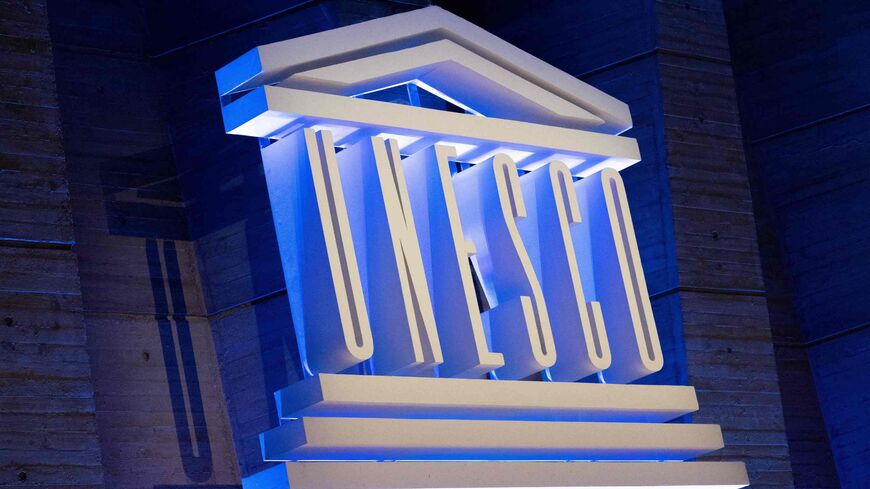The United States plans to rejoin the United Nations’ educational, science and cultural organization and pay back hundreds of millions in unpaid dues six years after the Trump administration withdrew from UNESCO over what it deemed an anti-Israel bias.
UNESCO Director-General Audrey Azoulay said in a statement Monday that the Biden administration had notified her of its intention to rejoin the agency next month, contingent on the approval of a “concrete financing plan” by a majority of member states.
The Paris-based organization the United States co-founded after World War II is best known for its designations of World Heritage sites from the Taj Mahal to Machu Picchu.
The Trump administration withdrew from UNESCO in 2017, citing resolutions on religious sites in Jerusalem and the West Bank it said were biased against Israel as well as a decision to label Hebron in the Israeli-occupied West Bank as a Palestinian site. Israel also quit from the agency in protest.
In Monday’s statement, UNESCO said it had since worked to “reduce political tensions and find consensus on the most sensitive topics, such as the Middle East.”
“This is a strong act of confidence, in UNESCO and in multilateralism. Not only in the centrality of the Organization’s mandate — culture, education, science, information — but also in the way this mandate is being implemented today,” Azoulay said of the US move to rejoin.
The US return will help plug a major funding gap at the agency. It was forced to slash its programs after the United States, which provided more than a fifth of UNESCO’s funding, stopped paying dues after the Palestinians were granted membership in 2011.
Legislation passed in the 1990s bars US funds from going to UN organizations that admit Palestine as a full member. But under the annual spending bill approved in December 2022, Congress gave President Joe Biden the authority to waive the previous law and resume financial contributions to UNESCO.
The United States still owes UNESCO $619 million, according to the agency. In a letter to Azoulay seen by The Wall Street Journal, the State Department said it had already requested $150 million for the agency in next year’s 2024 budget and would contribute similar amounts in the following years until the US arrears are paid off.
The US move to rejoin comes as China has taken on an increasing role in the agency, which, in addition to listing heritage sites, promotes press freedom and education programs. China is one of UNESCO’s largest donors and is home to the second-largest number of World Heritage sites. The UN body’s current deputy director-general, Xing Qu, is a Chinese diplomat.
On Monday, China’s UNESCO Ambassador Jin Yang said his country would not oppose the US return to the cultural agency.
"Being a member of an international organization is a serious issue, and we hope that the return of the US this time means it acknowledges the mission and the goals of the organization," the ambassador said.
Undersecretary of State for Management John Bass told reporters in March that US readmission in UNESCO would “help us address a key opportunity cost that our absence is creating in our global competition with China," including through emerging technologies.
“If we’re really serious about the digital-age competition with China, … we can't afford to be absent any longer from one of the key fora in which standards around education for science and technology are set,” Bass said.
The United States first withdrew from UNESCO in 1984 under the Reagan administration, which accused the organization of pro-Soviet bias. It rejoined under former President George W. Bush in 2003.







